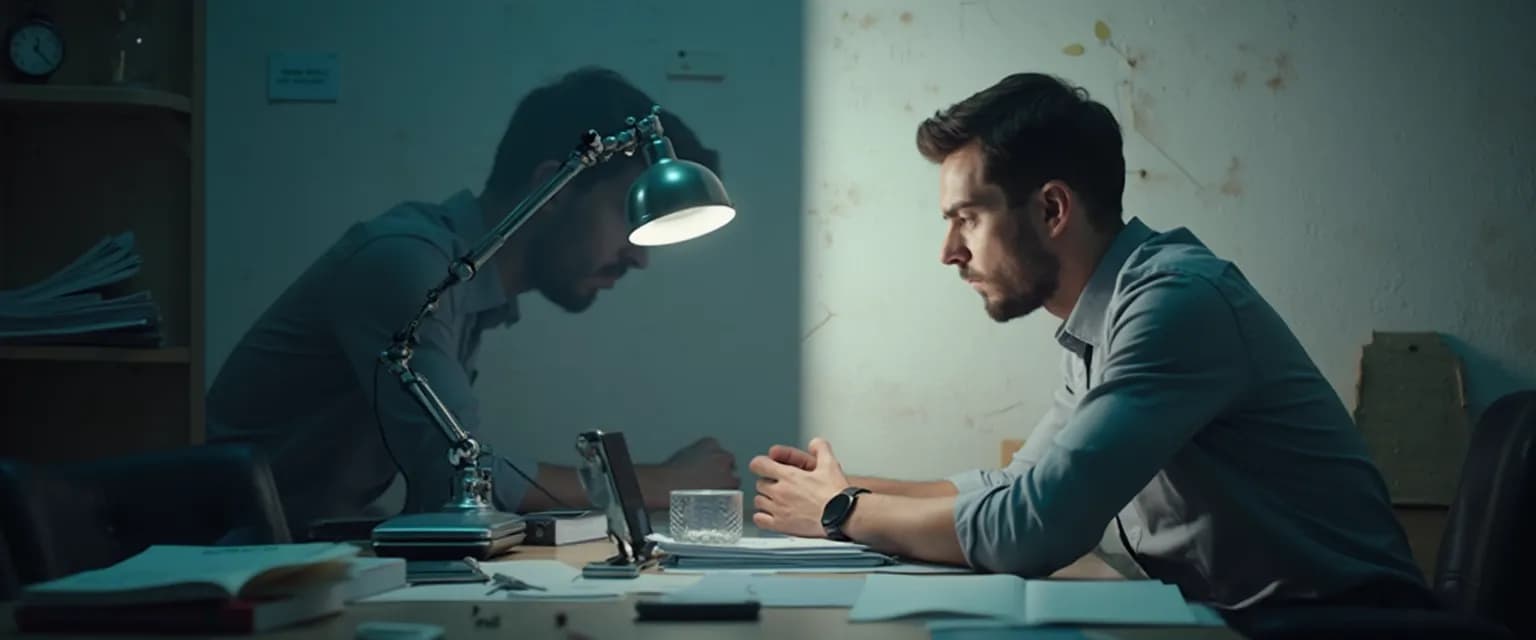Why Do I Procrastinate So Much? Smart People's Hidden Struggle
Ever caught yourself asking, "Why do I procrastinate so much?" when you're staring down an important deadline? Here's the curious twist: if you're smart enough to question your procrastination habits, you're likely intelligent enough to be particularly susceptible to them. That's right – the procrastination paradox suggests that higher intelligence can actually make you more prone to putting things off, not less.
The science behind why we procrastinate reveals it's not simply laziness. Your brain is wired to prioritize immediate rewards over future benefits, creating an internal tug-of-war between your present and future self. When you wonder "why do I procrastinate so much," you're actually demonstrating valuable self-awareness – the first step toward improving your productivity habits.
For intelligent individuals, procrastination often stems not from inability, but from complex psychological barriers that make starting seem harder than it actually is. Understanding these mechanisms is crucial for breaking the cycle.
Why Do I Procrastinate So Much? The Psychology Behind Smart Procrastinators
When you ask "why do I procrastinate so much," perfectionism likely plays a starring role. Intelligent people often set extraordinarily high standards, creating a mental environment where starting feels risky. The fear that your work won't meet your own expectations creates a paralyzing effect – it feels safer not to begin than to produce something "subpar."
Fear of evaluation compounds this problem. Smart individuals are typically more aware of potential criticism, both external and internal. This heightened sensitivity creates a mental barrier where the anticipated judgment of your work triggers anxiety management challenges that delay action.
Task aversion is another key factor when exploring "why do I procrastinate so much." Your brain naturally gravitates toward activities that provide immediate pleasure while avoiding those that cause immediate discomfort – even when the delayed rewards would be greater. This explains why scrolling social media feels easier than tackling that important project.
The overthinking trap affects intelligent people disproportionately. When you possess the cognitive capacity to analyze multiple angles of a problem, you're more likely to get caught in analysis paralysis. This state of mental overwhelm makes starting seem impossible, feeding the cycle of asking "why do I procrastinate so much" without taking action.
Practical Strategies When You Wonder 'Why Do I Procrastinate So Much'
The 5-minute rule offers a powerful solution when you're stuck asking "why do I procrastinate so much." By committing to just five minutes of focused work, you trick your brain into starting. Once you begin, the psychological resistance typically fades, and continuing becomes surprisingly easier. This technique leverages the principle of momentum to overcome inertia.
Strategic imperfection might sound counterintuitive, but it's essential for overcoming perfectionism-based procrastination. Setting deliberate "good enough" standards for initial drafts or attempts gives you permission to start without the pressure of immediate excellence. This approach acknowledges that creation and refinement are separate processes.
Task chunking addresses the overwhelming feeling that often prompts the question "why do I procrastinate so much." Breaking large projects into smaller, defined pieces makes starting feel manageable. Instead of facing a mountain, you're dealing with a series of small hills – each with its own sense of accomplishment when completed.
Implementation intentions use specific "if-then" planning to bypass decision fatigue. Rather than relying on motivation, you create automatic responses to situational cues. For example: "If it's 9 AM, then I'll work on my project for 30 minutes." This technique builds confidence through consistent small wins and removes the mental negotiation that fuels procrastination.
When you find yourself wondering "why do I procrastinate so much," remember that understanding the psychological mechanics behind your delay is half the battle. By implementing these targeted strategies, you're not just fighting symptoms – you're addressing the root causes of procrastination. Start with just one technique today, and watch as your relationship with important tasks begins to transform.




